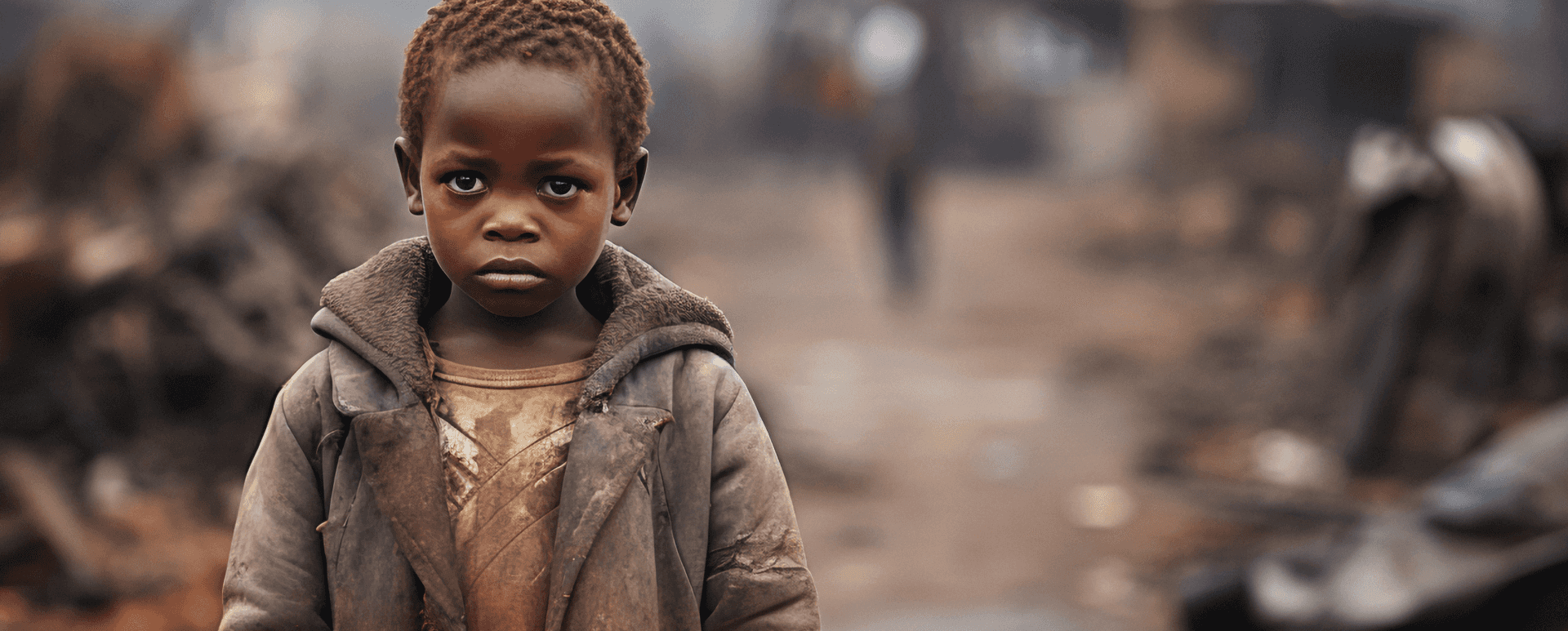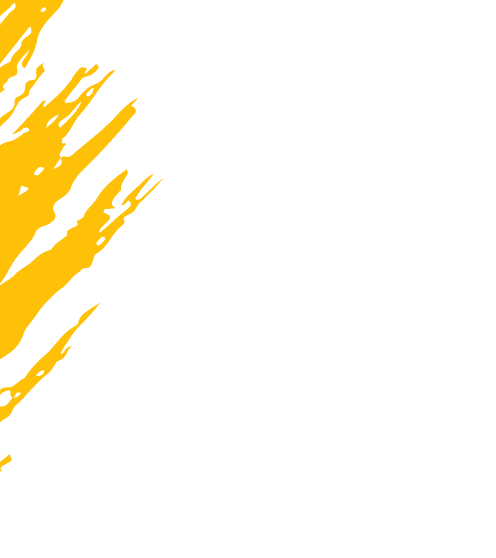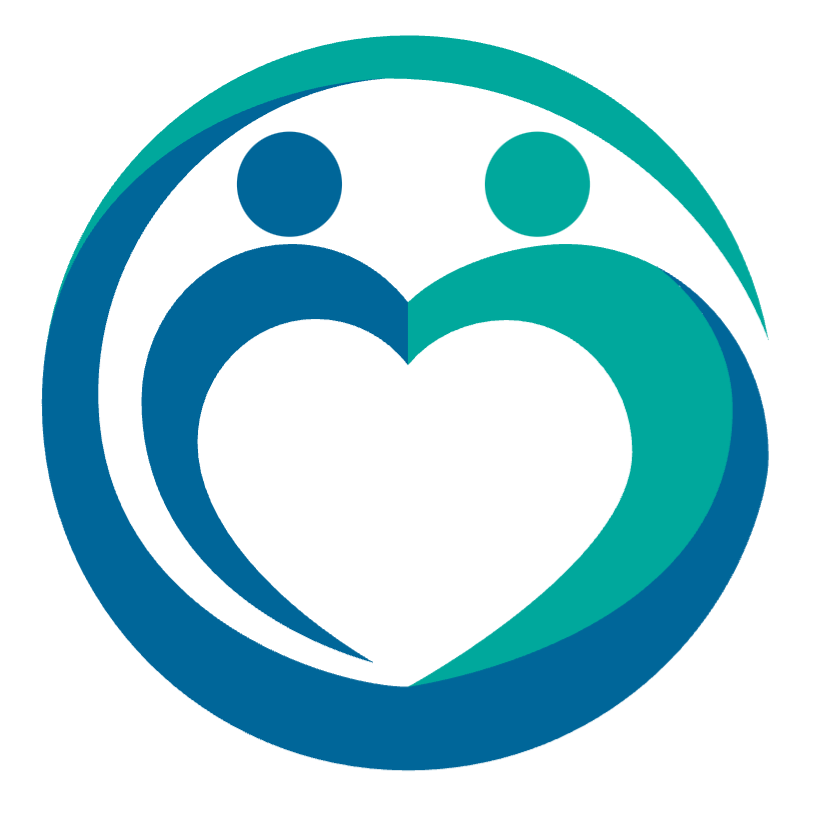
Climate Action (SDG 13) - Planting Roots, Growing Futures
Tree planting, reforestation, and climate adaptation education are key Ubuntu initiatives. These efforts empower communities to mitigate environmental degradation and respond to the impacts of climate change. Through hands-on environmental work, volunteers collaborate with local communities to restore degraded landscapes, protect watersheds, and create sustainable green spaces. Our programs combine traditional ecological knowledge with modern conservation techniques, ensuring that climate action is both culturally appropriate and scientifically sound. Participants learn about the intricate connections between land, people, and climate while contributing to long-term environmental resilience. By planting trees alongside community members, volunteers become part of a living legacy that will provide shade, food, and clean air for generations to come.

Clean Water and Sanitation (SDG 6) - Every Drop Brings Dignity
By supporting clean water access projects in remote villages, Ubuntu contributes to reducing water-borne diseases and improving the quality of life for rural and pastoralist families. Access to clean water transforms daily routines, particularly for women and girls who traditionally spend hours each day fetching water from distant sources. When communities gain reliable access to safe drinking water, children can attend school regularly, women can engage in income-generating activities, and families experience dramatic improvements in health and wellbeing. Our water initiatives include well rehabilitation, rainwater harvesting systems, and community education about hygiene and sanitation. Volunteers work alongside local partners to implement sustainable solutions that respect cultural practices while addressing critical health needs. Clean water isn't just a resource—it's the foundation for thriving communities.

No Poverty (SDG 1) - Breaking Cycles, Building Futures
Ubuntu addresses poverty by empowering marginalized and pastoralist communities — especially Maasai women — through microfinance, business training, and sustainable livelihood programs. The goal is to create financial independence and reduce economic vulnerability. Many Maasai women face systemic barriers to economic participation, including limited access to capital, markets, and business education. Through our partnership programs, women receive small loans, learn financial literacy, develop business skills, and connect with cooperative networks. These interventions enable women to start small enterprises—from beadwork cooperatives to livestock trading—that generate steady income and create economic stability. By supporting women's economic empowerment, we're not just fighting poverty; we're transforming power dynamics within families and communities, giving women agency over their own futures and the ability to invest in their children's education and wellbeing.

Good Health and Well-being (SDG 3) - Healing Bodies, Strengthening Communities
Ubuntu's partners work on public health, women's reproductive health, and awareness programs, ensuring that indigenous women and children have access to clean water, sanitation, and healthcare services. In remote pastoralist communities, healthcare access remains a critical challenge, with many families living hours away from the nearest clinic. Our health initiatives focus on preventive care, maternal health education, family planning resources, and health awareness campaigns that respect cultural values while promoting evidence-based practices. Volunteers support community health workers, assist with health education workshops, and help connect families with essential services. By addressing health holistically—linking nutrition, hygiene, reproductive rights, and disease prevention—we help communities build resilience against health crises. When women have access to reproductive healthcare and health information, they can make informed decisions about family planning, pregnancy, and childcare, leading to healthier outcomes for entire families.

Quality Education (SDG 4) - Knowledge Is Freedom
Education for girls and leadership training for women are central to Ubuntu's mission. Supporting access to education helps end early marriages and opens up opportunities for young women to lead change in their communities. In many pastoralist communities, girls face significant barriers to education—from long distances to schools, to cultural expectations about early marriage and domestic responsibilities, to lack of resources for school fees and supplies. Our education programs work to remove these barriers through scholarships, mentorship, safe transportation, and community dialogue about the value of girls' education. When girls stay in school, they delay marriage, have healthier families, earn higher incomes, and become leaders in their communities. Volunteers support educational initiatives by tutoring students, assisting teachers, developing educational materials, and facilitating youth empowerment workshops. Education isn't just about literacy and numeracy—it's about unlocking potential, building confidence, and creating pathways to leadership.

Gender Equality (SDG 5) - Her Voice, Our Future
Ubuntu directly challenges patriarchal systems by promoting women's economic empowerment, rights, and leadership. It uplifts women's voices and fosters solidarity through groups that advocate for equality and justice. In many East African communities, deeply entrenched gender norms limit women's participation in decision-making, restrict their economic opportunities, and normalize practices like female genital mutilation and early marriage. Our gender equality initiatives create safe spaces where women can organize, share experiences, and advocate collectively for their rights. Through women's groups, legal literacy programs, and leadership training, participants learn to challenge harmful practices, claim their rights, and support one another. Volunteers facilitate workshops, document women's stories, and help amplify the voices of local advocates who are leading change from within their communities. True gender equality requires not just changing laws, but transforming attitudes, behaviors, and power structures—and this work begins with empowering women to lead their own movements for justice.
Send Us message For donation!





